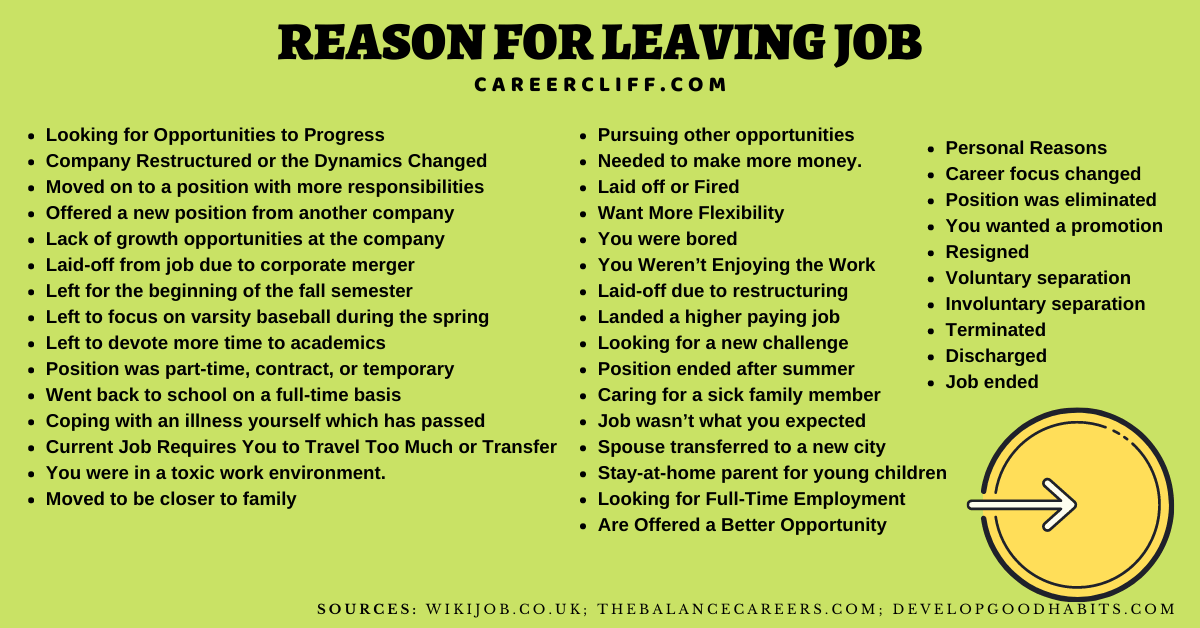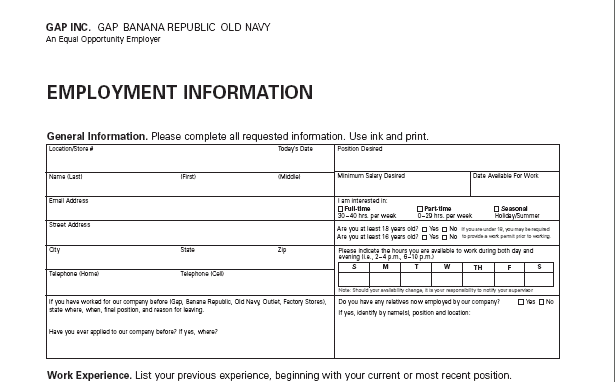

I have told my boss the date I’d like to work up until before maternity leave. If you are still employed, keep in mind that your boss will be notified and will receive a copy of the complaint. Unemployment laws don’t penalize you if you decide not to. A lot of references only say what your job title was and when you worked there.

In this situation, you may have to participate in a hearing and present evidence of your reasons for leaving in order to get benefits. If you want to leave your job you’ll normally need to give your employer some warning. Another reason you can quit your job and still collect unemployment is if your employer makes significant changes to your employment terms. You were notified that you will be laid-off within the next 30 days and you quit before the lay-off date. During lay off or short-time working, you are still employed by your employer and your contract of employment remains in force. A tribunal would look at the facts and ask what a reasonable … Your employer: In general, employers do not have to pay women who are on maternity leave. It does not need to include the reason for your employment termination. For the self-employed, health insurance premiums became 100 percent deductible in 2003. I left my last position in order to spend more time with my family. What do I put down as a reason for leaving the job that I … To apply for this position, please click "START HERE" in the upper right-hand corner. All employees (including part-time and casual employees) are entitled to 5 days' sick leave if: they have six months’ current continuous employment with the same employer, or. In an unemployment claim, the claimant who voluntarily left employment faces the burden of proving good cause connected with the work for leaving the job. Employment is a relationship between two parties, usually based on contract where work is paid for, where one party, which may be a corporation, for profit, not-for-profit organization, co-operative or other entity is the employer and the other is the employee.
#Reason for leaving job on application how to
How to explain leaving a job after 6 months in a job interview. If you have an S-corp, you should be aware of a 2015 notice regarding reimbursement for health premiums. This response includes: leaving for advancement potential, leaving to work closer to home, leaving for a better work environment, or leaving for a career change. Employment Application We are always looking for people who are excited about joining us. Paid Family and Medical Leave is a new benefit for Washington workers, and lets you take up to 12 weeks of paid time off when you need it most.

If an interviewer asks you why you left your previous job after only six months, there are a few steps to take to ensure that they understand your reasoning: 1. If you are currently employed, the dates on your resume for your current job should end with “present.” For instance: Chocolate Teapot Maker, 2009 – present. If you’re unsure about what your answer may communicate to interviewers, try to get feedback on your reasons from trusted friends or mentors.You'll usually need a reference from your old employer when you're looking for a new job. These are just a few of many valid reasons you should explore new opportunities. I’m excited about this position because it exemplifies the parts of my past work I enjoyed the most and will position me in the direction I’ve always wanted to pursue in my career.” In the meantime, I’ve been thoughtfully considering my next move, reconnecting with my network and researching opportunities. “Unfortunately I was impacted by a company restructuring that resulted in a loss of 15% of our employees. This role is in line with my skills and abilities, and the direction I’d like my career to take.” I learned a lot, and I’m excited about the opportunity to bring that maturity to my next job. As I reflect on that experience, I realize there are some things I could have done differently. “In retrospect, I understand my former employer and I had different expectations about what success meant in my role.


 0 kommentar(er)
0 kommentar(er)
